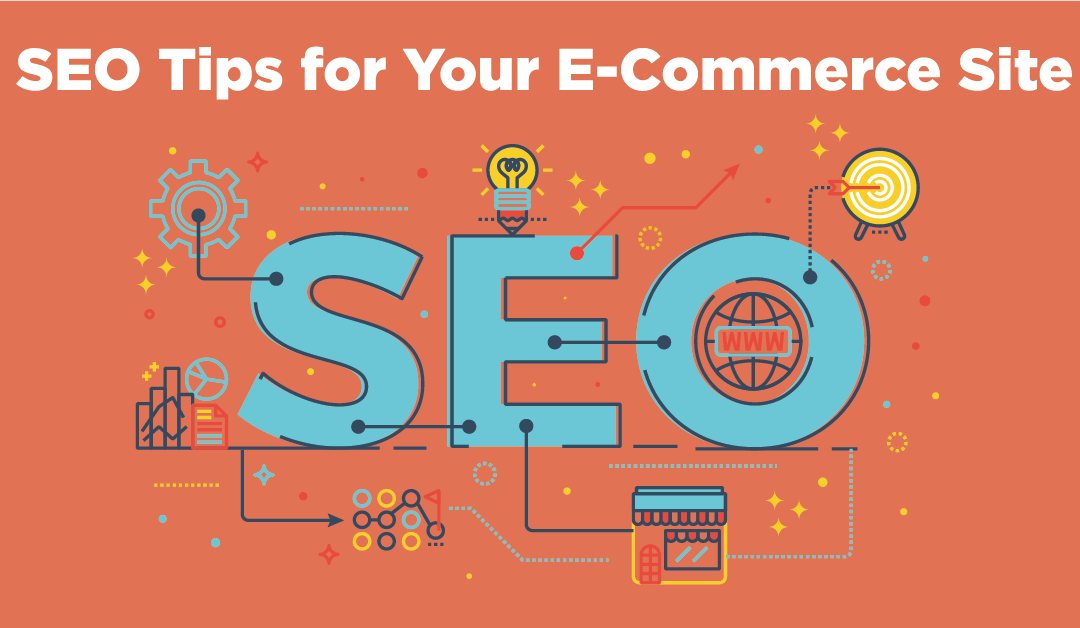The biggest myth in the e-commerce world is ‘Build the store and the customers will come’. But this has never been the truth.
The location of the websites and online stores on the digital highway is no way analogous to the high street in real everyday life. In fact, brick-and-mortar stores often open up in busy areas where a crowd of customers already gathers like a shopping mall or passes through like a high street.
Online, there is no high street and in fact shops or websites are actually located like in an ‘alley’. A customer will only enter the alley if he knows that there is something interesting that he or she needs inside the alley. This means that the success of the online store when it comes to attracting new customers hinges only on the visibility of the online store in the SERPs.
One of the most frequently asked questions in SEO is the time frame. How long does it take to see SEO results? At the end of the day, the business owner’s main priority is ROI on investment. ROI on SEO takes time to materialize, depending on many different factors including the strength of the competition on page one in SEO terms, the age of a website, how aggressive is the link building strategy just to name a few.
If you’re a big brand, already known to the world or you’re opening a store to migrate your current customers online then you’re dealing with a segment that already knows you, and most probably need little prompting to transfer their relationship with you to the online dimension.
However, if you’re a relatively new venture and the main focus is on new customer acquisition than relying on sensible SEO tips is essential. According to a recent case study by gotchseo.com, search engine optimization efforts have increased their client’s health care tech store by 141%. Indeed, your store can only survive, thrive and grow once your SEO exercise has factored most of the points below.
Proper keyword research
Proper keyword research is the fulcrum of online success. This is a task that needs to be done right at the beginning of the exercise and not simply as an afterthought when the company’s online store is ready to be launched and the search engine experts are brought in. Identifying the keywords which your customers and potential customers will use to search on the major search engines is essential. For example, if you’re selling jackets and outerwear, you need to start off by going to Google and typing in the search box what a typical customer will type. As you type, notice the suggestions that Google brings up. These, along with the suggestions that Google lists at the bottom of the SERPs are a very valid indication of the major searches related to the topic in question.
Don’t stop there however and the next task is identifying special niches and the respective number of monthly searches for each keyword. In this way, you will start to identify which are the keywords that are more valuable. This exercise needs to be tied with understanding the competition for the said keyword. If there is a strong competition, achieving a good ranking for the keyword will be a challenge and thus one should not overlook the low-hanging fruit like long-tailed key phrases and the less competitive key phrases.
Competitor Analysis
No one opens a store without checking out the competitors. When it comes to online, you might discover that you have competitors on the other side of the globe that is going after the same niches. When conducting an investigation about competitors, try to think in a multi-faceted way and cover aspects like who is the closest competitor and who is the industry leader. Keeping track of the industry leader is essential so that you are aware of trends and following you closest competitor is needed for every day and tactical decisions. An online tool called Semrush will help you reverse engineer your competitor’s website and find out important data like how many visitors they have to their website, which keyword phrases they are ranking for and the search volume of those phrases.
One needs to study the pricing of the products, promotions, shipping and delivery fees and services along with product bundling, product presentation including information about the product, photos, ratings and reviews of the products. Customer relationship management and loyalty schemes should also be noted as ultimately the customer is always looking for getting the best value for his hard-earned money.
Content Marketing
Once the keywords are identified, it is important to ensure that your content creators are very familiar with them. For example, if you are selling online courses and you discover that the preferred term used in search engines is classes and not courses, then it is important that the content creators are aware of this phenomenon. Likewise, the content creators need to be aware of the jargon, terms, and lingo of a particular industry, be it technology, fashion, household goods or anything else.
A bigger challenge lies when the e-commerce site will be multilingual because the content creators need to be well versed how native speakers refer to the products or services in question. Not all pages are created equal and it is essential to give due diligence to content in order to optimize it both for human consumption and search engine rankings.
Search Engine Paid Marketing
Search Engine paid marketing (PPC) is an essential ingredient if one wants to start generating sales right away. Organic search engine work takes several weeks if not months to get a website ranking, depending on the competition, so if one wants to kick off generating online sales, paid search engine marketing cannot be overlooked. One can create campaigns that are focused on sales or those that focus on creating brand awareness. For example, if one wants to start selling ‘formal jackets’, one needs to investigate what is the cost of that specific ad word per click or per impression and how effective it is bound to be. You can use tools like spyfu to find out the list of keywords your competition are going after and for how long they have been paying for those keywords. The higher the KEI (keyword effectiveness index) the better chance you have of making a good ROI from those keywords.
Naturally, the site has to be ready to welcome and appeal to the visitor who has just jumped from the search engine sponsored result to the website. One should have a set of ad words associated with different products but also focus on having ad words associated with specific periods, holidays or events.
Content engaging content increases the chances of an article going viral. Case studies, personal experience stories, exclusive interviews and reviews, controversial news and product reviews are all content ideas for websites that have a better chance of going viral and attracting a huge following. This will also help with link building which we will talk about next.
Link Building
The ranking of a website depends on several factors but search engines give special importance to the number of other websites that are back-linking to a store. There are several link-building methods and terminology. White hat link building is generally referring to guest posting, broken link building, and roundups. Grey hat link building refers mainly to PBN (private blog network) Finally, there is Black hat SEO which is pure spam, using tools like GSA. These backlinks are essentially like votes or endorsements and thus the more one has, the better the ranking is bound to be.
Backlinks from websites with a higher authority boost the ranking a bit further. As a starting point, one needs to monitor the number of links the store and its competitors have and then delve further on how to acquire more legitimate links. Online stores often nurture relationships with influencers or bloggers who willingly mention the store and provide backlinks to them.
Mobile Responsive
Mobile search index has now become the primary Google index. Creating a mobile responsive online store is not essential to serve those customers who are making purchases from their mobile devices but it is also an element that helps in ranking. It is widely known that Google will penalize sites that are not mobile responsive so after all the effort this element cannot be left aside.
Speed of Site
Finally, the speed of the site is a make-or-break essential. An online store that takes too long to download will result in a higher bounce rate as few visitors have the patience to wait in front of a screen that takes too long to load. A slow site can mean that you’re bleeding from the point of entry which actually should be the page from which you provide a holding stance to keep your visitors on the site until they have made a purchase.
SEO can bring people to a site but it cannot make them buy. Ultimately the offer on the online store, the quality, the brand along with past experiences will all impact how much a customer will trust the site.
Author Bio.:- Priya is a Technical SEO at Hopinfirst, a leading mobile app development company which provide best ios app development and Android app development Services.



